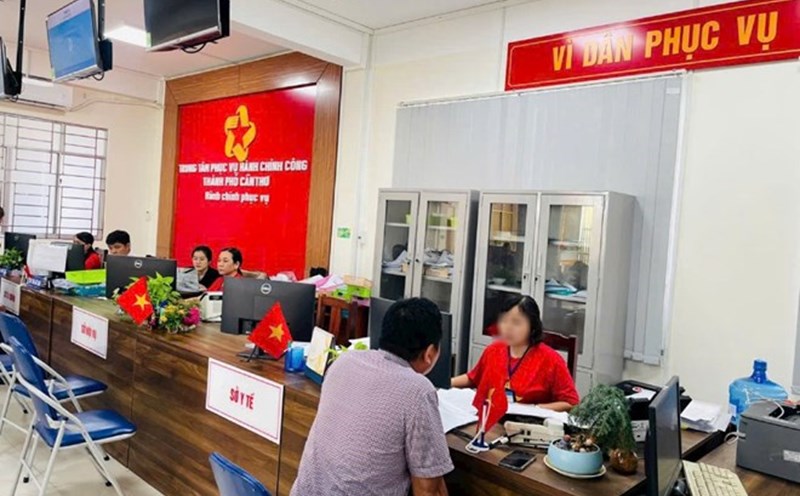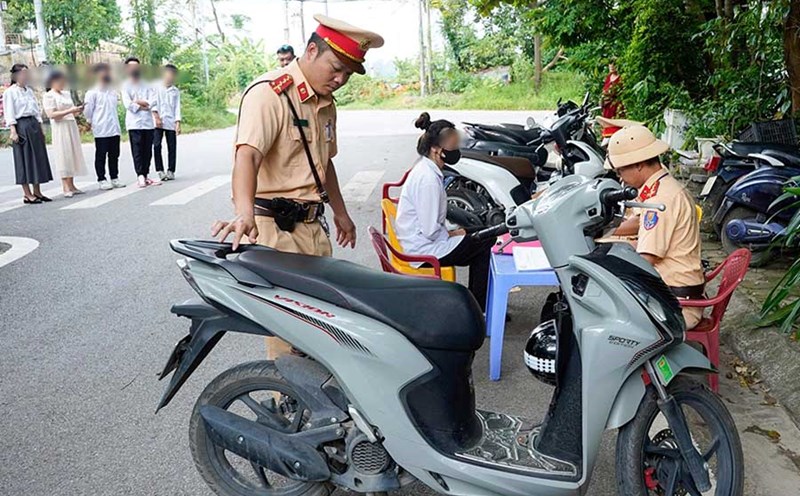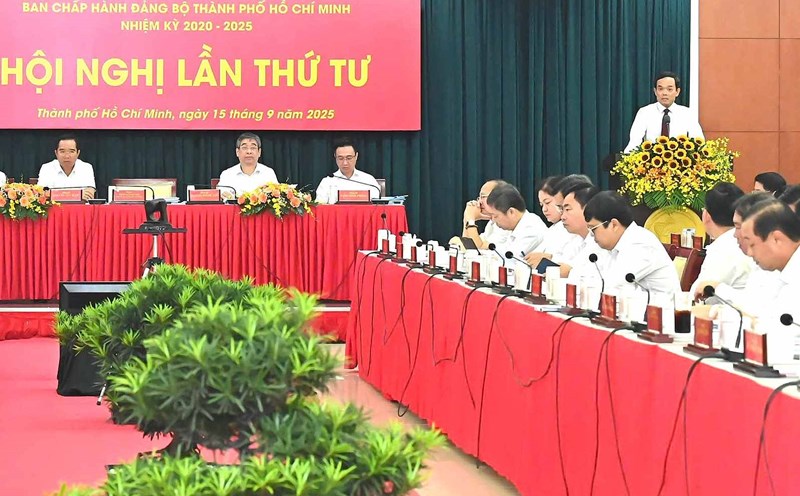In addition to the smartphone worth VND 2,357,000, people were also given an additional SIM card to use.
The poor do not have the means to buy smartphones, the government coordinates with banks to give phones and instructions on how to use them, that is a practical way to support people.
With smartphones, it was initially confusing, but gradually people could use it proficiently. They use their phones to perform online public services, make paperwork, pay, or install electronic identification.
Since the two-level government has been in operation, Can Tho city has had many initiatives, each ward and commune has proposed very practical and effective measures to support people.
Typically, the Public Administration Service Center organized a digital education team with 10 union members, taking turns on duty to guide people to carry out procedures on online public applications and services.
Through the instructions of the digital education team, people have access to public services, administrative transactions are more proactive and faster.
To deploy e-government and digitize public services, in addition to recruiting a team of civil servants who are experts in technology to meet work requirements, we must also support people.
If people do not have smartphones and do not know how to use them, they cannot interact with digital administrative services.
Therefore, organizing teams to guide people and give smartphones to the poor is to accelerate the digitalization process, creating favorable conditions for people to carry out administrative procedures.
Not only stopping at the above support activities, some wards such as My Tu commune have implemented the model "Supporting administrative procedures at home for people who are unable to travel by themselves". They are lonely elderly people and sick.
Long Phu commune also organizes similar activities, commune civil servants directly visit people's houses to support the confirmation of authorization for the elderly, the sick, and people with difficulty traveling.
However, in reality, work requires cadres and civil servants to improve their skills and qualifications to both complete their work well and effectively support the people.
Not only people learn, but officials and civil servants also have to learn.
At the conference on "Digital electives - Digital National Assembly: Digital knowledge and skills framework for modern National Assembly" held on the afternoon of September 13, General Secretary To Lam directed that the digital electives movement must become one of the all-people, comprehensive, and widespread revolutionary movements.
Hopefully, the movement of equality in digital learning and giving smartphones to poor households will continue to spread.











